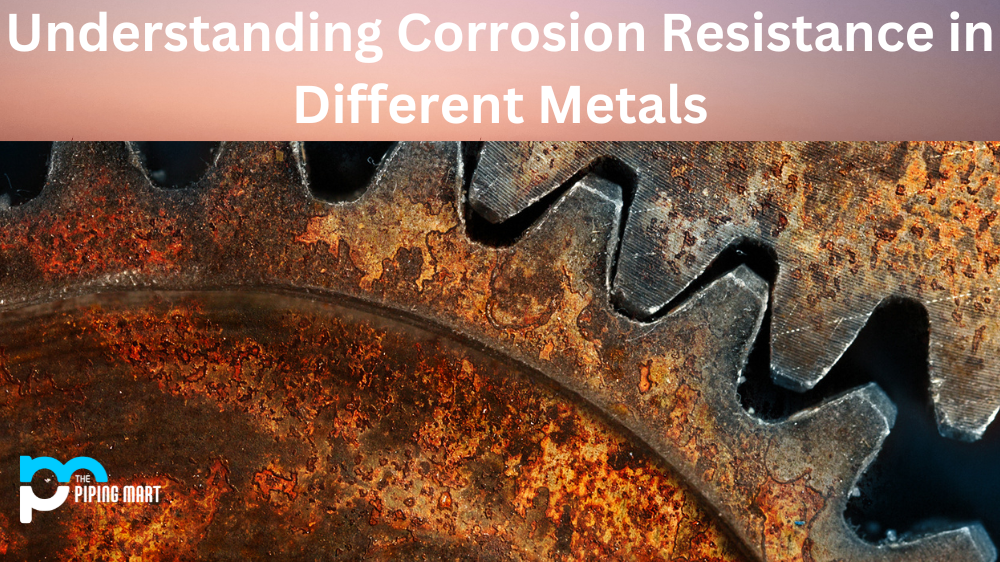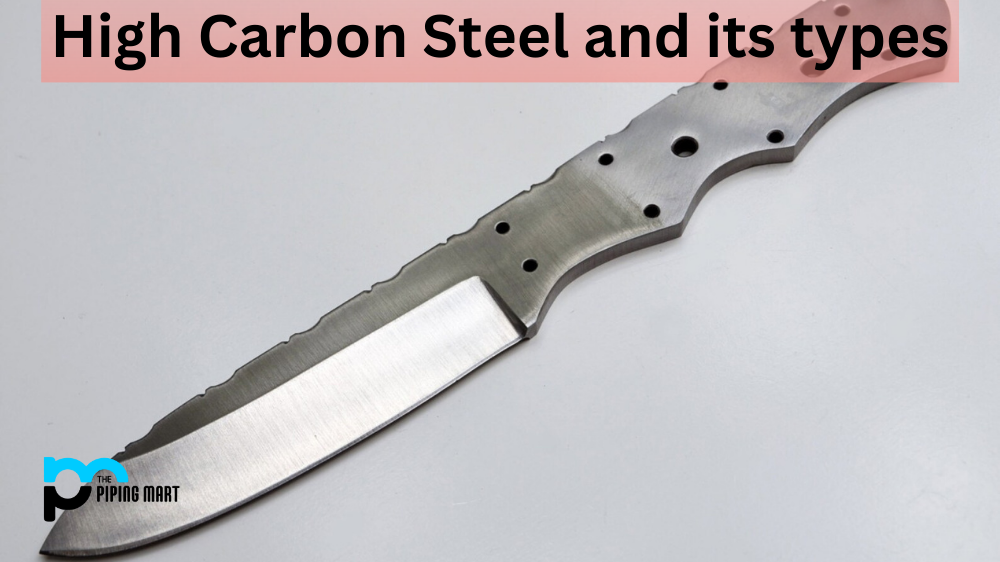Whether you’re looking to build a bridge, a car, or a piece of furniture, the type of metal you choose will determine its strength and longevity. It’s important to understand the corrosion resistance of different metals so that you can make an informed decision when selecting the right material for your project. In this blog post, we’ll explore how corrosion-resistant common metals such as low carbon steel, brass, carbon steel, cast iron, aluminium, copper, mild steel, tin, gold, titanium, and tungsten are.
What is Corrosion Resistance?
Corrosion resistance is a measure of how well metal, plastic, or other substances can resist damage from chemicals and the environment. It’s an important factor in construction and engineering since many materials are exposed to the elements, and metal in particular needs extra protection since it quickly corrodes due to water, oxygen, and other factors. Different coatings and treatments applied to metal can significantly increase its corrosion resistance, reducing its rate of decay. In addition to these treatments, stainless steel alloys are commonly used for applications requiring high levels of corrosion resistance as they contain properties such as chromium that can provide additional defense against chemical attack.
Low Carbon Steel
Low carbon steel is commonly used in applications where strength and durability are needed. However, it is not very corrosion-resistant and can rust easily if exposed to moisture or chemicals.
Brass
Brass is an alloy made up of copper and zinc. It is highly resistant to corrosion from salt water and other corrosive substances. This makes brass an attractive choice for use in marine environments or in areas with high levels of air pollution.
Carbon Steel
Carbon steel has some degree of corrosion resistance, but it is not as strong as stainless steel when it comes to preventing rust and other forms of corrosion.
Cast Iron
Cast iron is often used for structural components because it has good strength and durability characteristics. Unfortunately, it does not have good corrosion-resistance properties, so it needs to be sealed or painted with a protective coating on a regular basis in order to prevent rusting.
Aluminium
Aluminium is one of the most corrosion-resistant metals available making it ideal for use in harsh environments such as near oceans or industrial areas with high levels of air pollution where other materials would quickly corrode away.
Copper
Copper is one of the most corrosion-resistant metals available, which makes it ideal for use in plumbing systems or electrical wiring projects where there may be exposure to acidic liquids or gases which could cause other materials to corrode quickly.
Mild Steel
Mild steel has some degree of corrosion resistance, but its ability to resist rust depends on its chemical composition and environmental conditions, such as humidity levels or exposure to salt water, etc.
Tin
Tin is highly resistant to most forms of corrosion, making it ideal for use in food packaging applications where products must remain uncontaminated by chemicals from the packaging material itself.
Gold
Gold is one of the least reactive elements known, so it has excellent resistance against oxidation and other forms of chemical attack.
Titanium
Titanium is another metal that offers excellent protection against oxidation and chemical attack, making it suitable for applications where exposure to corrosive agents could occur
Tungsten
Tungsten has very high resistance to both physical abrasion as well as chemical attack, making it suitable for uses such as saw blades or drill bits that need long-lasting durability even under extreme conditions.
Conclusion
There are many types of metals available with different properties depending on their intended application. When selecting a metal for your project, it’s important to consider not only its strength characteristics but also its level of corrosion resistance since this can affect the longevity of your product over time. By understanding how each type performs under different conditions, you can make an informed decision about which metal will best suit your needs while still providing maximum protection against wear and tear caused by oxidation and chemical attack. With this knowledge, you can confidently select the proper material for any job!
Meet Heer, a dynamic and driven writer learning tricks of her trade in the metal industry. With a background in Digital Marketing, Heer brings a unique perspective to her writing, sharing valuable insights. Apart from blogging she like reading and hiking.




